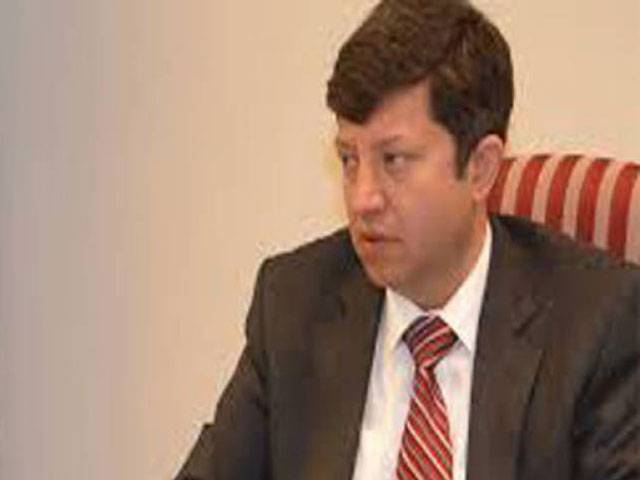Lahore - The noted economists of the country have rejected the federal government decision of bringing the top regulatory bodies under the direct control of respective ministries, terming it a backward step towards monopolies, strengthening crony capitalism.
Former finance minister Dr Hafiz Pasha condemned the government’s decision of placing the regulatory authorities under the administrative control of the ministries, terming it an arbitrary and illegal decision which is supposed to be challenged in the court and reversed, as it is completely anti-consumer decision.
He said that the government had established regulatory bodies in General Musharraf era in order to protect the interests of consumers, besides providing a level-playing field to all stakeholders. The regulatory bodies were undertaking balanced views for the sake of development of the sector under their jurisdictions. Following the privatisation, it was considered that the strong regulatory regime would be required to avoid monopolies, so these bodies were placed to protect justified interests of all players in that area.
“The prime minister cannot take decision unilaterally as the matter comes under federal legislation II, ie federal as well as provincial governments unanimously can take the decision in the Council of Common Interest in this regard.” Now the government as well as the Chinese companies will fix power tariff according to their own will, looting the consumers without any check and these bodies would be unable to take any action, he added.
He said the decision would greatly compromise the concept of regulatory bodies and their independence as now they would be under the direct control of parent ministries against whom they were supposed to protect the consumers as a neutral body.
Experts said that top five regulators have become toothless and ministers became stronger as the new era of regulations may have a long-lasting impact on the economy of Pakistan. From now onwards, NEPRA will start reporting to water and power division, PTA and FAB to Information Technology & Telecom Division, OGRA to Petroleum and Natural Resources Division and PPRA to Finance Division. Pakistan Telecommunication Authority has been brought under the complete control of Ministry of IT and Telecom. In a way, ministers of the respective divisions have now become more powerful and influential regarding the affairs of industries.
Former finance minister Dr Salman Shah said that the decision will have a negative impact on the consumers and the country’s economy will convert into a crony capitalism where favoritism becomes and corruption become a routine of every institution. After this decision, now the ministry will approve budget for these regulatory bodies, deciding their officials’ induction, transfer and promotion. The whole structure of the regulatory bodies will be under the direct control of the ministry, he added.
If there was some problem with the CPEC projects, the government should have made legislations through parliament. The rules of the country are same for all investors including those of China. Under the autonomy, the PPRA had the authority to conduct bidding through completion but now there no policy and rule will be implemented and favoritism will prevail everywhere, he added. “Independent regulator takes care of the interests of both consumers as well as the investors through its balanced approach,” Dr Salman stated.
The experts said that the prime minister has approved to transfer the regulatory bodies' administrative control from the Cabinet Division to their respective ministries, as the ruling ministries considered these bodies working against the interest of the sectors. They claimed that the regulatory bodies had failed to deliver any good for the sector.
Telecom industry experts said that the regulators are always autonomous all over the world. Pakistan had always been exemplified for maintaining a level-playing field in the telecom sector through an independent regulator and a separate policy maker, as an independent regulator is always stronger and fierce regarding policy enforcement. The new regime might not be very investment friendly, as all affairs will now be done through ministries.






